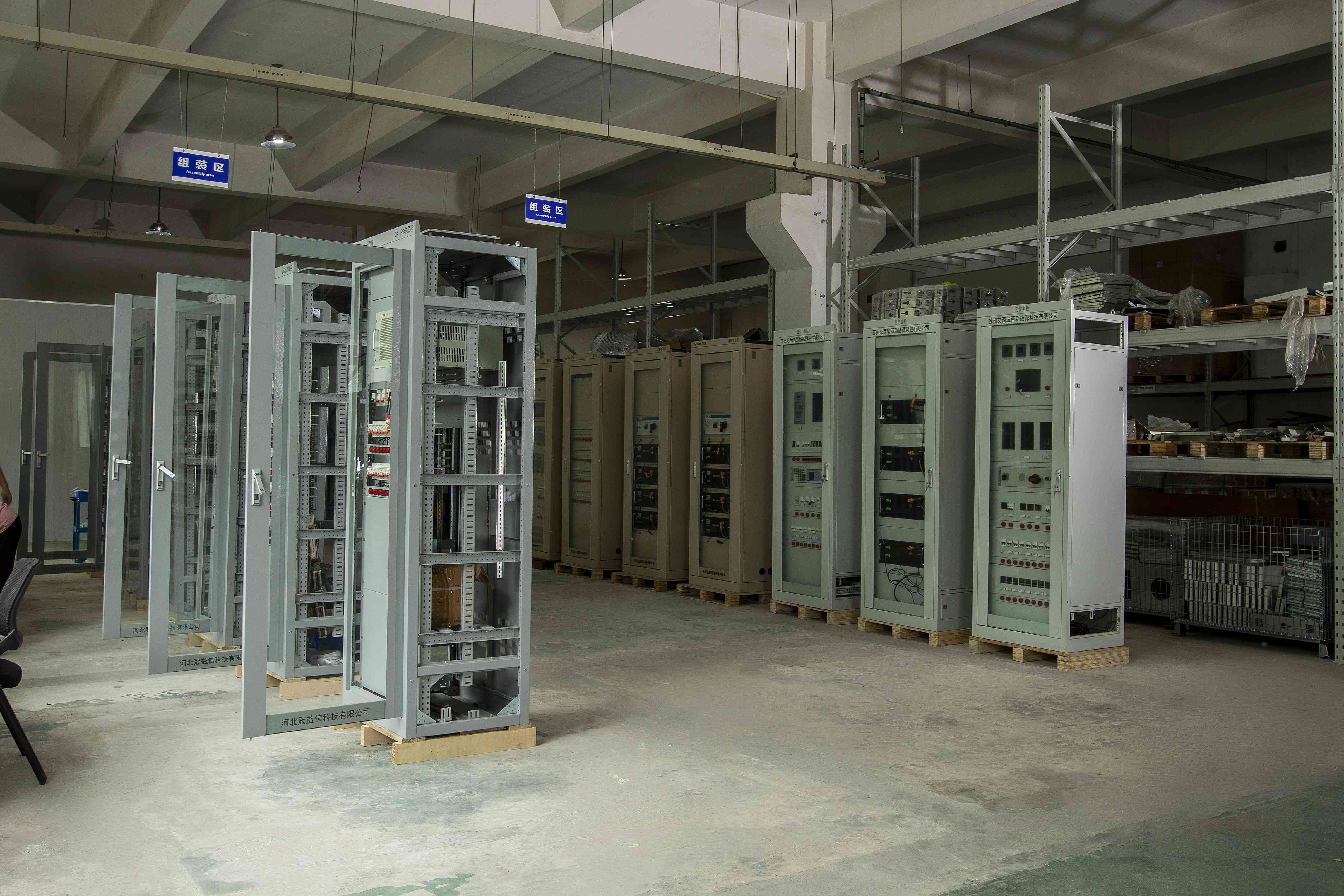
Dec . 01, 2024 19:32 Back to list
Identifying Reliable Suppliers for Battery Solutions and Technologies
The Importance of Battery Suppliers in Today’s Market
In today's fast-paced technological landscape, the demand for efficient energy storage solutions has never been greater. From consumer electronics to electric vehicles (EVs) and renewable energy systems, batteries play a critical role in powering various applications. As a result, battery suppliers have emerged as pivotal players in the global supply chain, significantly influencing the performance, availability, and sustainability of battery technologies.
Battery suppliers are tasked with sourcing, manufacturing, and distributing batteries that meet the diverse needs of different industries. The proliferation of portable devices, such as smartphones, laptops, and wearables, has fueled an insatiable demand for lithium-ion batteries. This type of battery is favored for its high energy density, lightweight nature, and long cycle life. In addition to consumer electronics, the automotive industry is undergoing a substantial transformation, transitioning from internal combustion engines to electric propulsion systems. This transition has intensified the need for efficient and reliable battery suppliers capable of producing high-performance battery packs that can sustain the extended range and rapid charging capabilities essential for modern EVs.
One of the primary challenges faced by battery suppliers is the sourcing of raw materials. Key components for lithium-ion batteries include lithium, cobalt, nickel, and graphite, which are often derived from specific geographic regions. This concentration of resources can lead to supply chain vulnerabilities and price volatility. For instance, several lithium production centers are located in the Lithium Triangle of South America, while cobalt is primarily sourced from the Democratic Republic of the Congo. Recent geopolitical tensions and environmental concerns surrounding mining practices have prompted battery suppliers to explore alternative materials and sustainable sourcing methods. Companies are increasingly seeking to establish supply chain transparency, ensuring that materials are sourced responsibly and ethically.
In addition to raw material sourcing, battery suppliers are innovating in manufacturing processes to enhance performance and reduce costs. The race to produce next-generation batteries, such as solid-state batteries and lithium-silicon batteries, is well underway. Such innovations promise to deliver higher energy densities, improved safety, and faster charging times. Battery suppliers are also investing in advancements in recycling technologies, enabling the recovery of critical materials from spent batteries. This closed-loop approach not only reduces waste but also lessens the reliance on newly mined materials, aligning with global sustainability goals.
battery supplier

Partnerships and collaborations within the battery supply chain are becoming increasingly crucial. Original Equipment Manufacturers (OEMs) are forming strategic alliances with battery suppliers to develop tailored battery solutions that meet specific performance criteria. For example, automotive manufacturers are working closely with battery suppliers to optimize battery chemistry and design for electric vehicles, ensuring that the battery systems can handle the rigors of daily use while maximizing sustainability.
The regulatory landscape is also evolving, with governments around the world implementing stricter guidelines on battery production and disposal. Battery suppliers must navigate these regulations while innovating and scaling their operations. Compliance with environmental standards and adhering to safety protocols is paramount. Suppliers that prioritize these aspects not only mitigate risks but also strengthen their brand reputation in a marketplace that increasingly values social responsibility.
Furthermore, as consumers become more environmentally conscious, there is growing demand for transparent and sustainable battery solutions. Suppliers that can communicate their commitment to sustainability—be it through the use of recycled materials, lower carbon footprints in manufacturing, or end-of-life battery recycling programs—are likely to gain a competitive edge. The ability to connect with eco-conscious consumers can significantly influence their purchasing decisions and brand loyalty.
In conclusion, battery suppliers are essential in navigating the complexities and dynamic challenges of the modern energy landscape. Their roles extend beyond mere production; they are integral to fostering innovation, enhancing sustainability, and ensuring responsible sourcing of materials. As we move towards a more electrified future, the partnership between technology companies, automakers, and battery suppliers will dictate the trajectory of energy storage advancements, ultimately shaping the world of tomorrow. The emphasis on collaboration, sustainability, and innovation will not only define the success of battery suppliers but also contribute to a greener and more efficient global economy.
-
Advanced AI Energy Management with GPT-4 Turbo
NewsAug.02,2025
-
AI-Powered EMS with GPT-4-Turbo | Efficiency Boost
NewsAug.01,2025
-
Optimized Storage System for GPT-4-Turbo | High Performance
NewsJul.31,2025
-
AI Energy Management System w/ GPT-4 Turbo Efficiency
NewsJul.31,2025
-
High-Performance Energy Storage System for Reliable Power Solutions
NewsJul.30,2025
-
Advanced EMS Solutions for Energy Management System & Storage Battery Companies
NewsJul.29,2025























